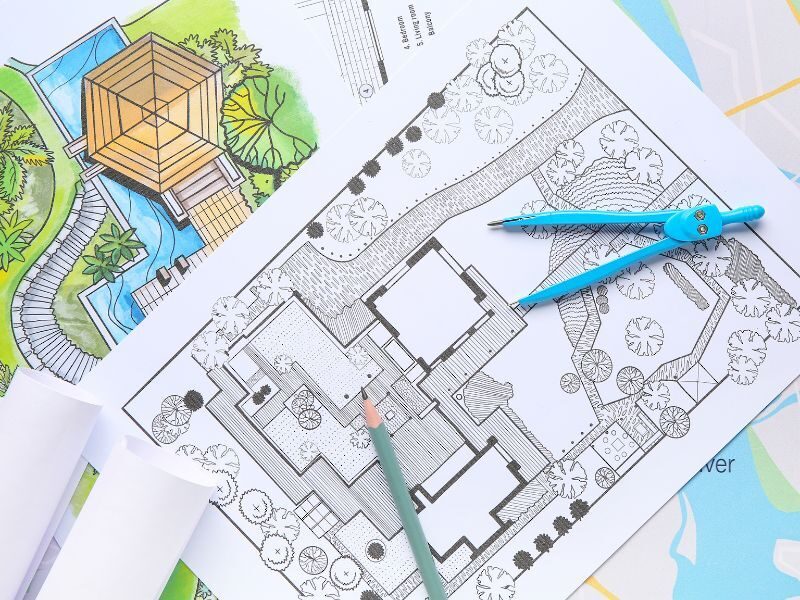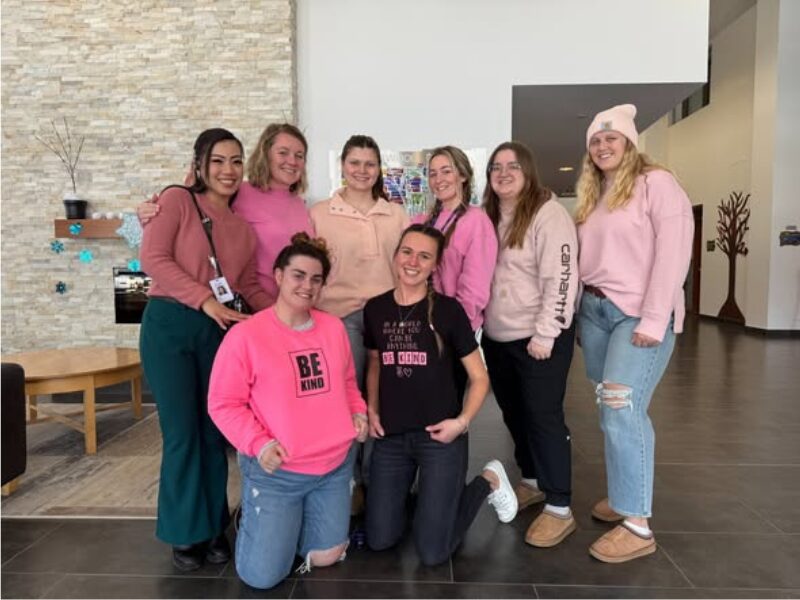Body Language in an Interview

How you physically respond to interview questions is just as important as the words that you use to respond. Being mindful of the tone and cadence of your speech, posture, and other non-verbal cues can increase the likelihood of having a positive first impression with an employer.
Here are five tips to remember when it comes to your body language:
1) Bring extra copies of your resume, cover letter and references. This can demonstrate essential skills like organization, and can give you a visible confidence boost, as you can use them as a cheat sheet to help you respond to questions that they may ask you.
2) Many employers try to encourage scent-free environments, so you want to be cautious of any lingering perfume/cologne, or cigarette smoke. These and other smells that may come through your breath like coffee or gum can be unappealing to an employer.
3) Show that you’re interested in the conversation. You don’t need to sit on the edge of your seat but position your body so that you’re facing the interviewer, sit up straight and maintain eye contact. If you’re not comfortable or don’t feel that it’s culturally appropriate to look at a person directly in their eyes, try to focus on their forehead instead.
4) Take a breath to think about your response when being asked a question. Don’t worry about anticipating the next question or wondering how you did on the last one. Focus on being calm and present in the interview as it happens and then follow up to catch up on anything you may have missed later in a thank you and follow up note or email.
5) Show your enthusiasm and confidence for the opportunity by smiling. Almost every position has some element of customer service or interpersonal interactions, so it’s great to see someone who has a lot of happy energy to bring into the workplace.
All in all, just be yourself! The real you is what caught their attention in the application that you submitted, so carrying on the same consistency in your strengths and energy will be effective to help the employer know that you’re the right candidate for the job.
Instagram Feed
"I wanted work that would allow me to go home and feel good, so I turned to Lutherwood for help. They listened to me, pointed me in the right direction and that is where I needed the help."












